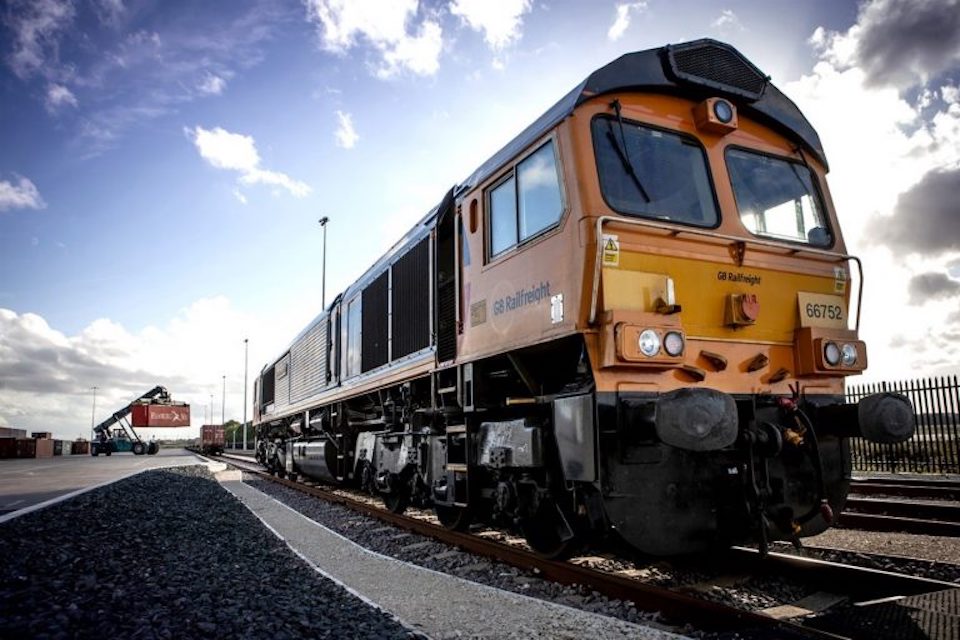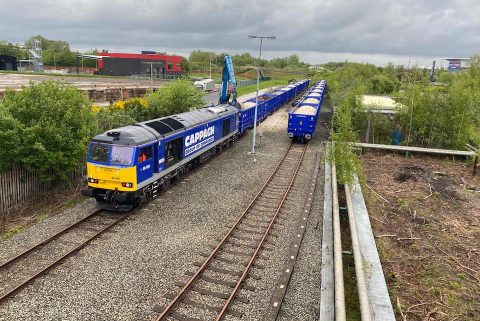Sweeping changes announced for UK rail industry

Great British Railways – the new name and the new structure for the entire industry in the UK. That is the headline for the sweeping reforms announced today (20 May) by the UK government. A white paper – a draft of legislation – has set out reorganisation plans that are being regarded as the biggest shake-up since the privatisation of the industry in the 1990s. The most critical change will be integrating infrastructure and operations under one body – Great British Railways – which means an end for infrastructure management agency Network Rail.
Do you want to read the full article?
Thank you for visiting RailFreight.com. Become a member of RailFreight Premium and get full access to all our premium content.
Are you already a member?
Having problems logging in? Call +31(0)10 280 1000 or send an email to customerdesk@promedia.nl.




